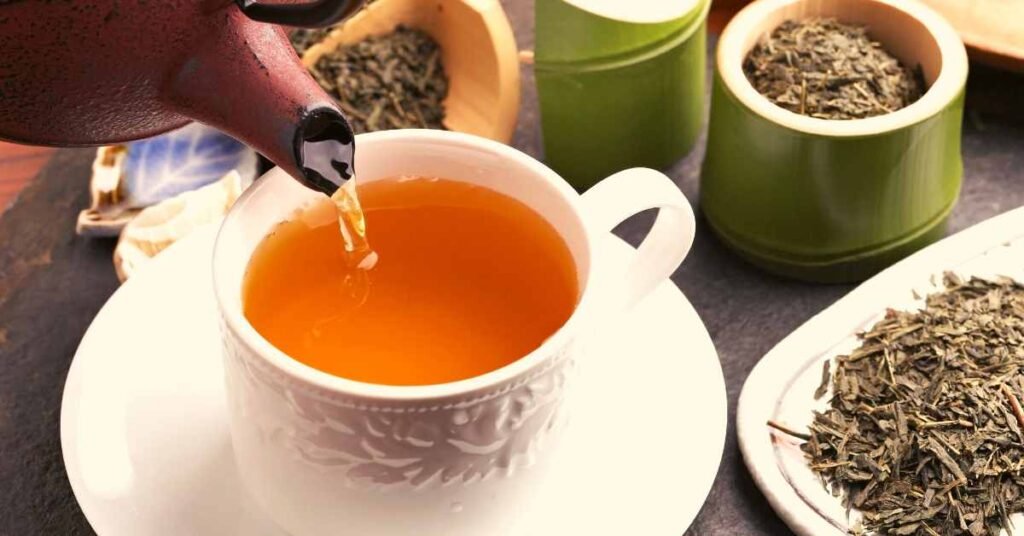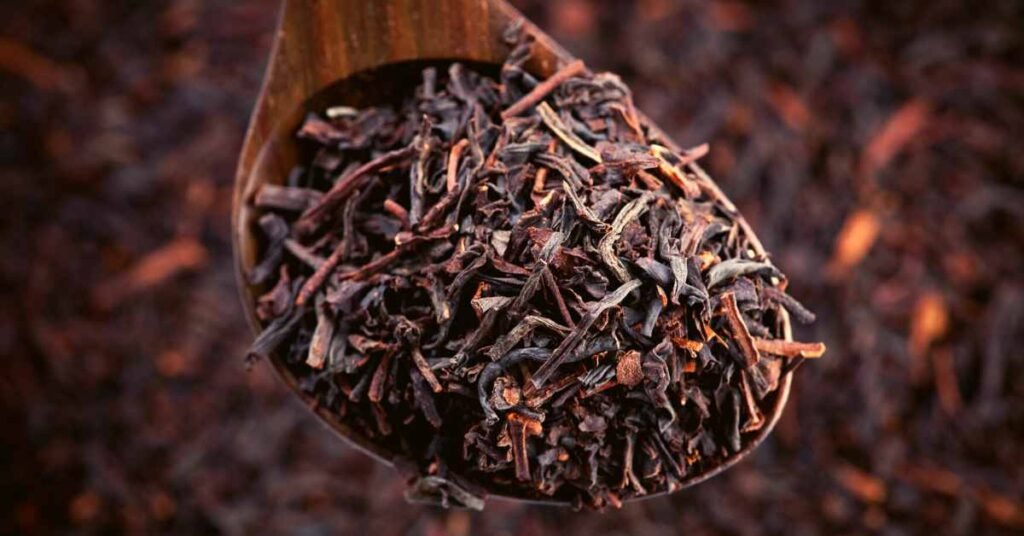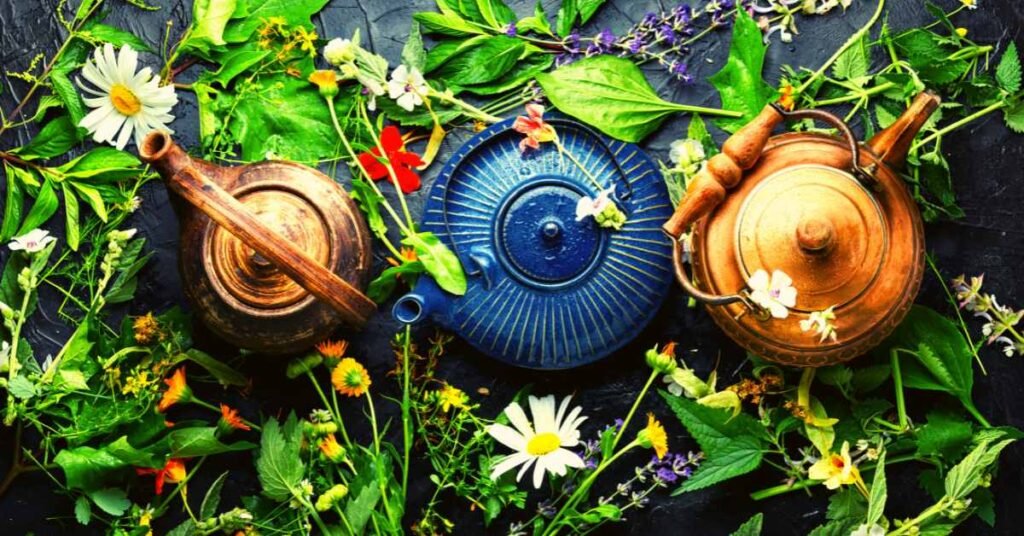Tea, with its rich history and diverse flavors, has been celebrated for centuries as a beverage that not only delights the taste buds but also offers a plethora of health benefits.
In recent years, researchers and health enthusiasts have turned their attention to the potential link between tea consumption and various health conditions, including bowel polyps.
Bowel polyps, small growths that form on the lining of the colon or rectum, are a common concern and are often associated with an increased risk of colorectal cancer.
This article explores the intriguing relationship between tea and bowel polyps, examining the scientific evidence supporting the idea that this beloved beverage might play a role in prevention and management.
Understanding Bowel Polyps

Before delving into the potential benefits of tea, it is essential to grasp the nature of bowel polyps.
These abnormal growths can vary in size and shape and are typically classified into two main types: adenomatous polyps and hyperplastic polyps.
Adenomatous polyps are considered precancerous, meaning they have the potential to develop into colorectal cancer over time.
On the other hand, hyperplastic polyps are generally noncancerous.
Tea and Its Abundant Antioxidants
Tea, whether green, black, white, or herbal, is renowned for its high concentration of antioxidants.
Antioxidants are compounds that help neutralize free radicals in the body, which are unstable molecules linked to various diseases, including cancer.
The polyphenols found in tea, such as catechins in green tea and theaflavins in black tea, are powerful antioxidants that may contribute to overall health and well-being.
Green Tea and Bowel Polyps
Green tea, derived from the leaves of the Camellia sinensis plant, has been the subject of extensive research regarding its potential health benefits.
Numerous studies have investigated the relationship between green tea consumption and the development of bowel polyps.

One key component of green tea, epigallocatechin gallate (EGCG), has demonstrated anti-cancer properties in preclinical studies.
Research suggests that EGCG may inhibit the growth of cancer cells and suppress the formation of tumors.
In the context of bowel polyps, some studies have shown promising results.
A study published in the “International Journal of Cancer” found that individuals who consumed higher amounts of green tea had a lower risk of developing colorectal adenomas, a type of adenomatous polyp.
The researchers attributed this protective effect to the anti-inflammatory and antioxidant properties of green tea, which may help prevent the initiation and progression of adenomas.
Black Tea and Colorectal Health
While green tea often takes the spotlight in discussions about health benefits, black tea should not be overlooked.
Black tea, fermented and oxidized, contains unique compounds such as theaflavins and thearubigins, which contribute to its distinctive flavor and potential health-promoting properties.
Several studies have explored the impact of black tea on colorectal health.
A research article published in the “European Journal of Clinical Nutrition” investigated the association between black tea consumption and the risk of colorectal adenomas.

The findings suggested that regular black tea consumption was inversely associated with the development of adenomatous polyps, emphasizing a potential protective role against precancerous growths in the colon.
Herbal Teas and Their Therapeutic Potential
Beyond traditional green and black teas, herbal teas derived from various plants offer a diverse range of flavors and potential health benefits.
Some herbal teas have been studied for their anti-inflammatory and antioxidant properties, which could be relevant to colorectal health.
Chamomile tea, known for its calming properties, contains antioxidants like apigenin.
Research has suggested that apigenin may possess anti-inflammatory and anti-cancer properties, potentially influencing the development of bowel polyps.
However, more studies are needed to establish a direct link between chamomile tea consumption and colorectal health.
Ginger tea, made from the rhizome of the ginger plant, is another herbal option that has attracted attention for its anti-inflammatory and antioxidant effects.
Some studies have explored the potential of ginger extracts in inhibiting the growth of colorectal cancer cells, indicating a possible avenue for further research on ginger tea and its impact on bowel polyps.
Final Word

While the research on the relationship between tea consumption and bowel polyps is still in its early stages, the available evidence suggests a promising connection.
Green tea, with its abundant catechins, and black tea, with theaflavins and thearubigins, show potential in protecting against colorectal adenomas, the precursors to colorectal cancer.
As you savor your cup of tea, it’s essential to view it not just as a comforting beverage but as a potential ally in promoting colorectal health.
However, it’s crucial to remember that tea should be part of a broader lifestyle that includes a balanced diet, regular exercise, and routine medical check-ups.
As we await further research to solidify the link between tea and bowel polyps, enjoying a cup of tea each day may contribute to your overall well-being.
MEDICAL DISCLAIMER
Itsnevernotteatime.com cannot and does not contain medical/health advice. The medical/health information is provided for general and educational purposes only and is not a substitute for professional advice.




